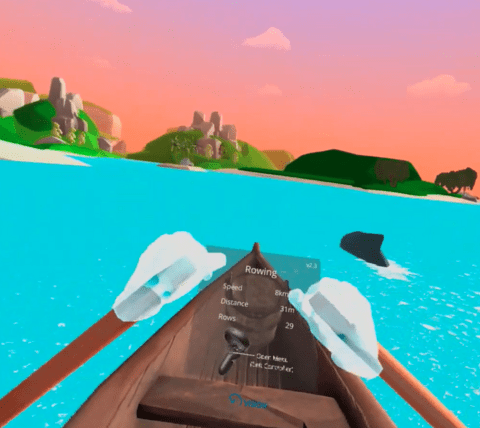CRIT Council's Pallavi Sodhi presents "Inclusive Board Game Design"
Pallavi Sodhi, Research Intern for the Council for Responsible Innovation and Technology (CRIT) and Dr. Jason Lajoie, Research Associate for CRIT, gave a guest lecture about inclusive board game design for students at Branksome Hall in Toronto.


